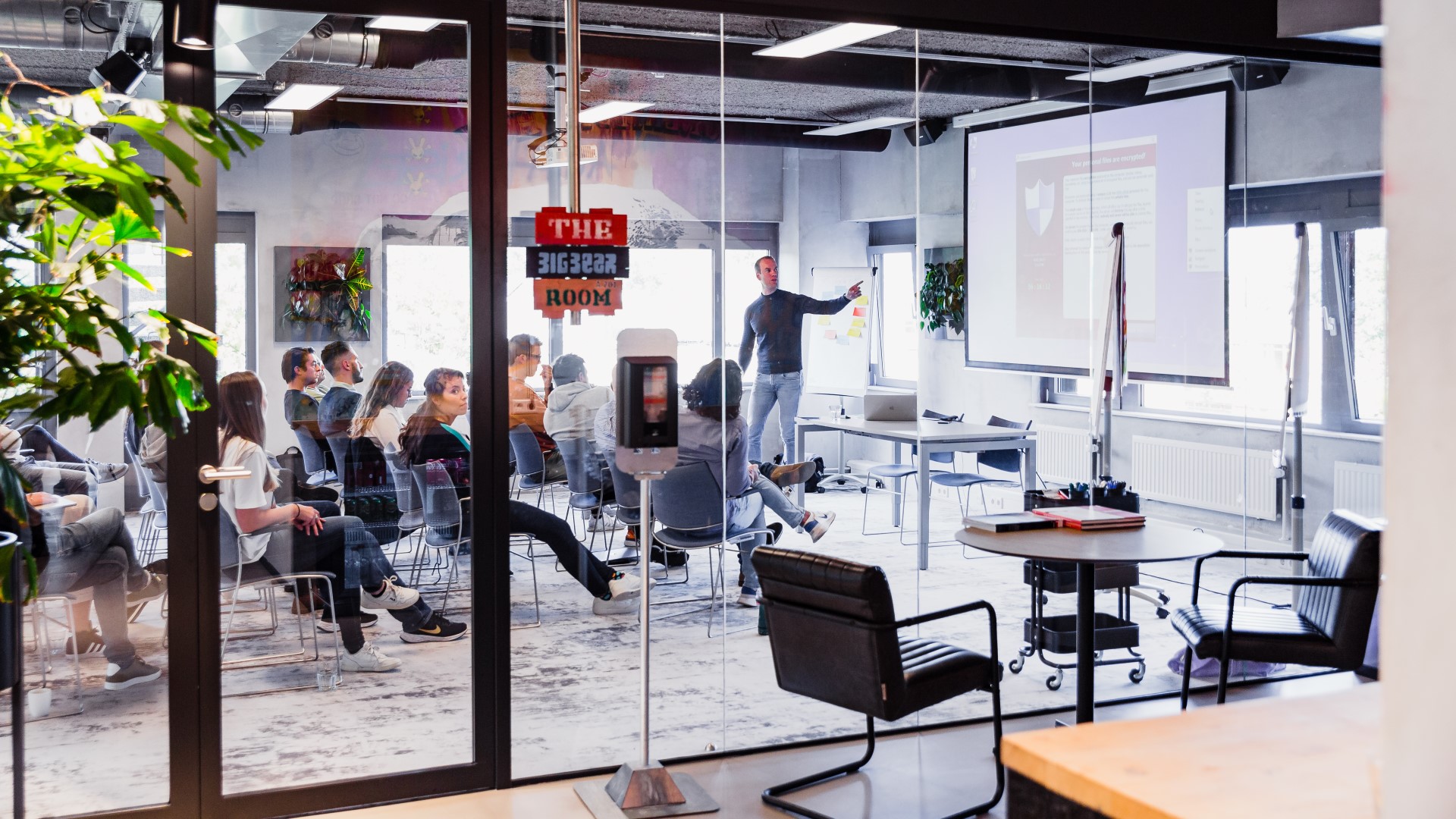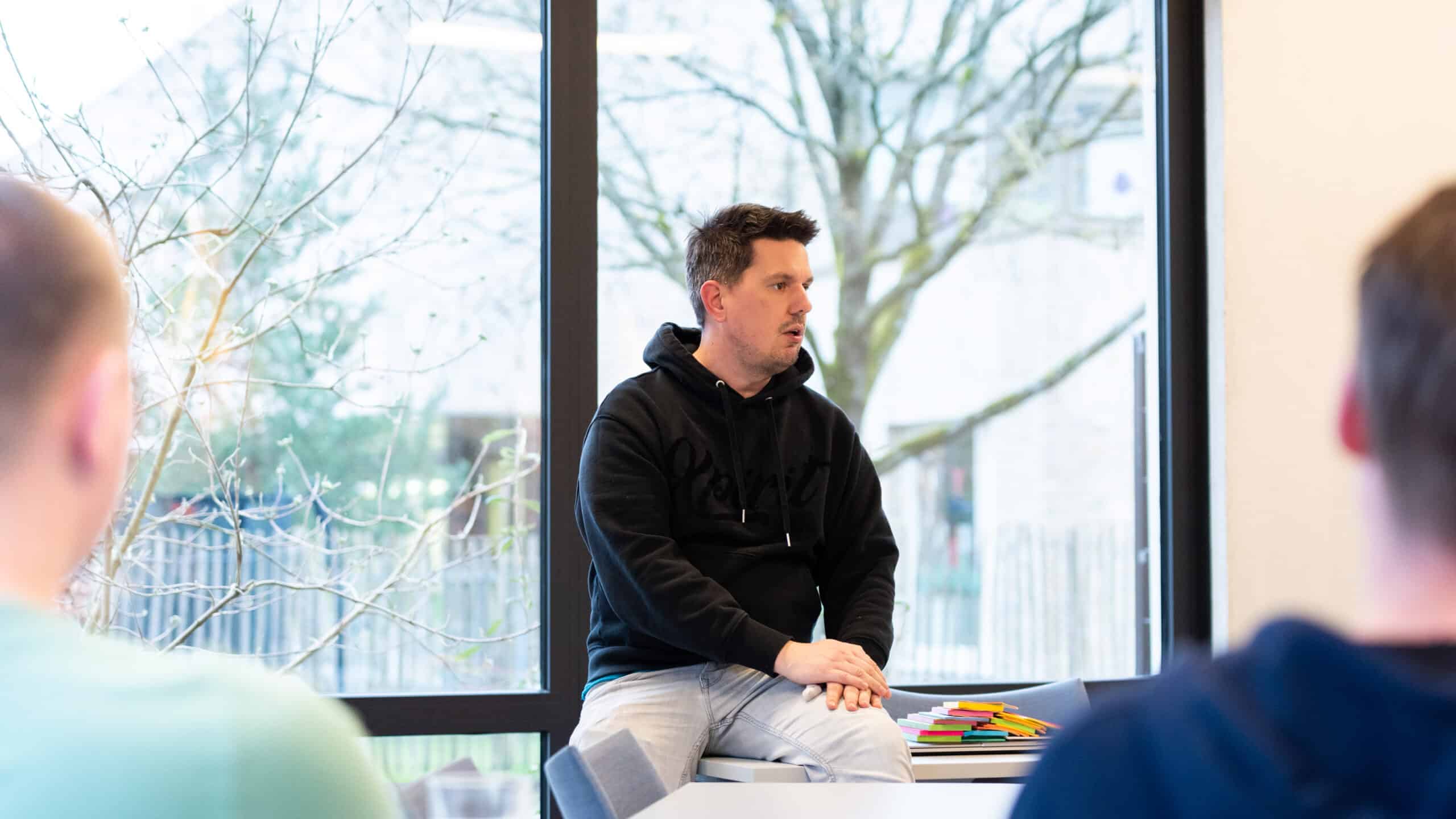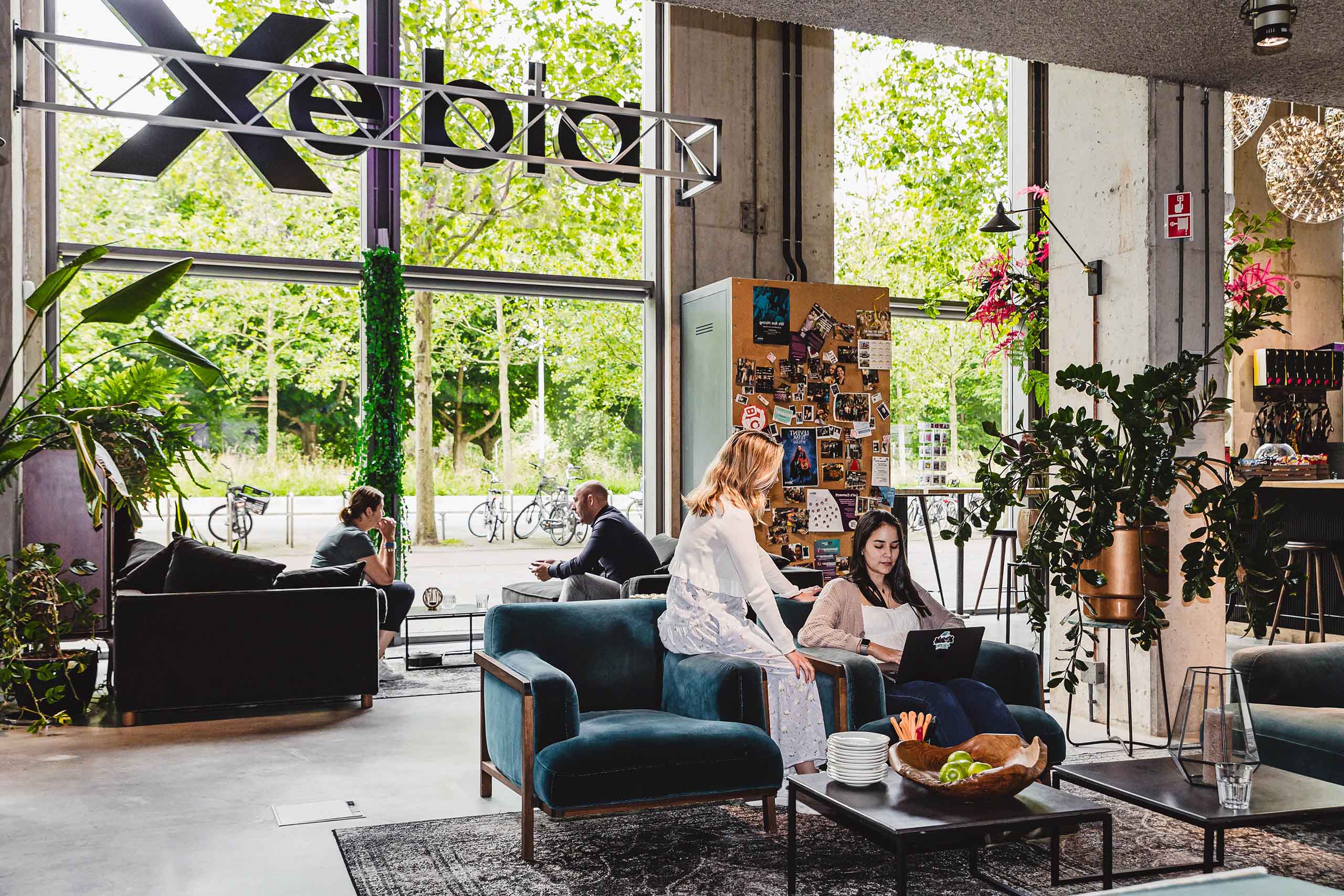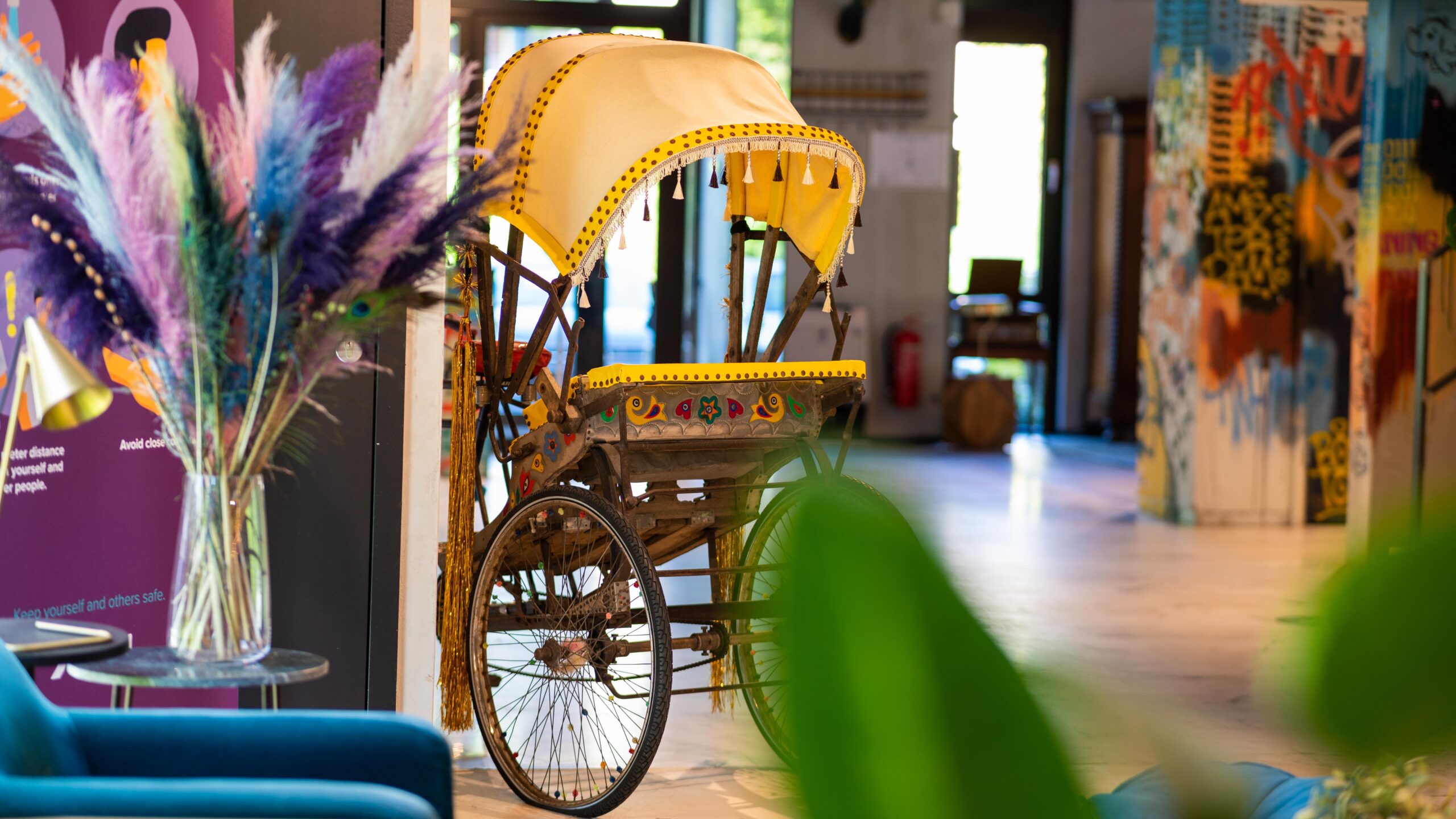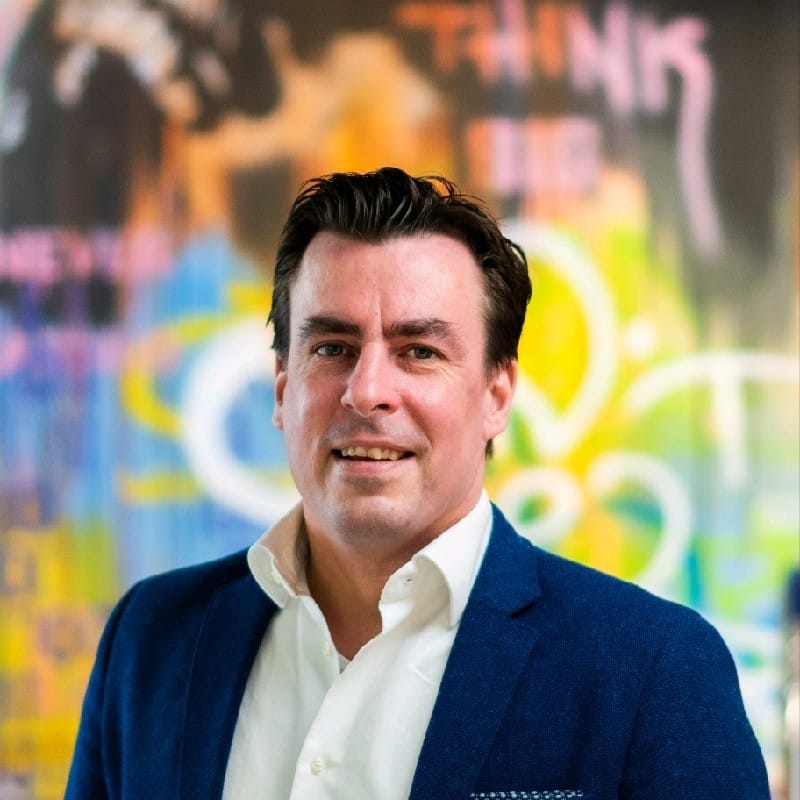Communication for Engineers
The Netherlands
As engineers, we care a lot about our technical skills and code. They define us. However, soft skills get less attention. This Communication for Engineers training provides a simple plan and a systematic approach with actionable advice to improve your communication skills. Become a happier engineer now!
Looking to upskill your team(s) or organization?
Roy will gladly help you further with custom training solutions.
Get in touchWhat will you learn?
Attending this training will make you a more successful software developer. You will become more impactful. Moreover, you will become a much happier engineer.
Examples of softer skills you will improve on are listed below.
You will learn:
How to collaborate.
How to reach a consensus on an idea.
How to articulate your thoughts.
How to listen to others.
Key takeaways
- Explore the many dimensions of communicating well with other engineers and stakeholders.
- Learn how to become more impactful and productive by improving your communication.
- Acquire various soft skills to help your work as a software developer/engineer.
Program
There are many communication skills and techniques you can learn and enhance as an engineer. These skills will complement your technical skills and increase your impact at work.
- How to Sell an Idea
This section explains how to make a technical proposal. The whole process includes treating yourself as a brand. We’ll review aspects such as structuring your presentation, email, design document, elevator pitches, and even napkin proposals.
Key aspects include empathy, focusing on the problem, introducing yourself, telling a story with data, and using consistent messaging when interacting with the rest of your organization. Interactive exercises will provide you with practical takeaways. - 360-degree Feedback
All engineers aim to progress in responsibility, impact, pay, power, or recognition. To get there, we need to focus on personal growth. This requires careful planning, execution, and help from others.
Only sometimes does our perception of our impact or contributions meet reality. We will go over why that may be the case. We will discuss strategies for giving and receiving feedback to become an impactful and happy engineer. - Meetings and Collaboration
No one writes code in isolation. We are all part of software development teams. Those teams perform much of their synchronization in meetings. These same meetings result in context switches and reduce the ability of engineers to focus on their work.
This session will discuss how to make meetings more effective and productive. We will discuss what meeting types exist, what makes meetings effective, and how you can get out of meetings!
Who is it for?
Research at Google has shown that engineers spend only 30% of their time writing code, regardless of the programming language. The other 70% of the time, they discuss their code with their colleagues and stakeholders.
This usually happens during meetings, planning sessions, demos, writing documentation, sending and replying to emails, chatting with others, socializing, preparing and presenting slide decks to senior stakeholders, and engaging in career performance discussions.
Anyone working in IT who would like to make more impact and become more productive. Attendees of the Communication for Engineers training are often Software Developers or (duh) IT Engineers.
Requirements
There are no specific requirements for following this course.
Why should I do this training?
Follow a course trusted by large enterprises
This training has been run numerous times at companies such as Uber, OVO, and JP Morgan, with over 300 attendees in total.
Get taught by an IT communications guru
This course is taught by Chris Laffra, writer of two books on the subject.
Become a better you
Previous attendees have highlighted that they’ve become more impactful and productive after following this course.
What does it look like?
What else
should I know?
After registering for this course, you will receive a confirmation email with practical information. A week before the training, we will ask about any dietary requirements. We have a salad bar and fresh pastries every day.
We will also share relevant literature if you need to prepare for the course.
See you soon!
Course information
Travel and accommodation expenses are not included.
Meet the trainer
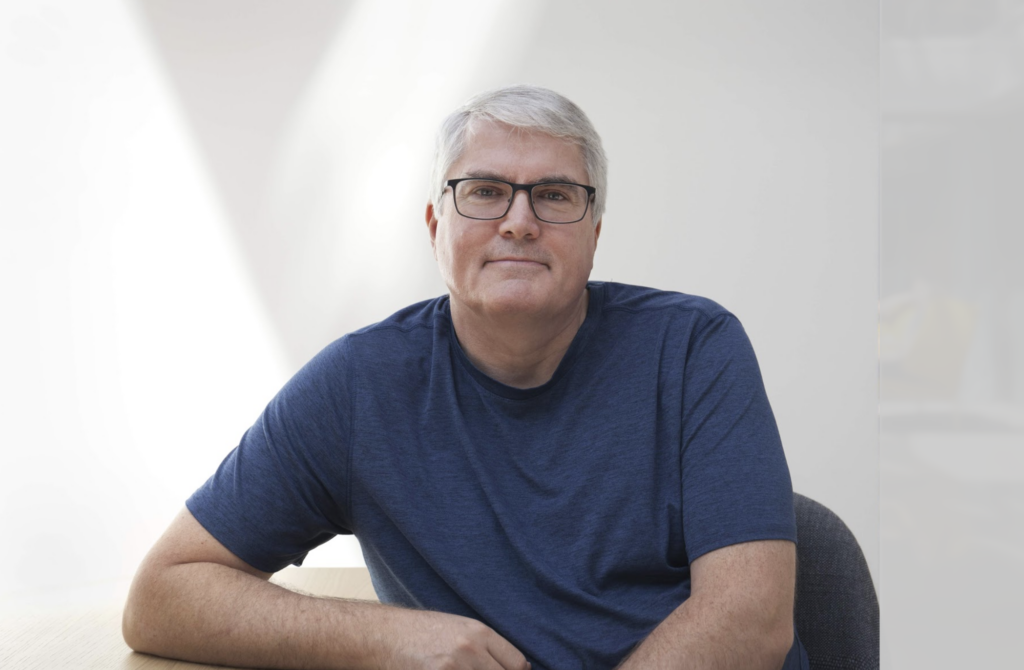
Chris Laffra
Chris is an experienced, passionate, and talented software engineer, with a strong drive to help other engineers grow.

